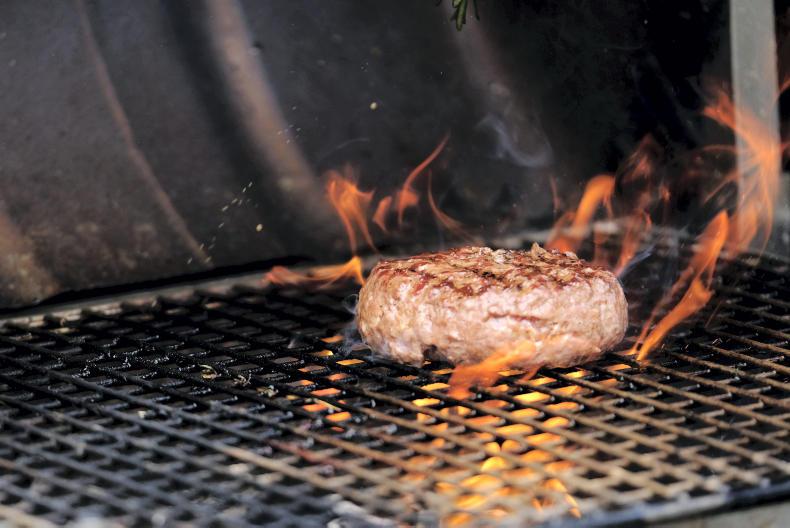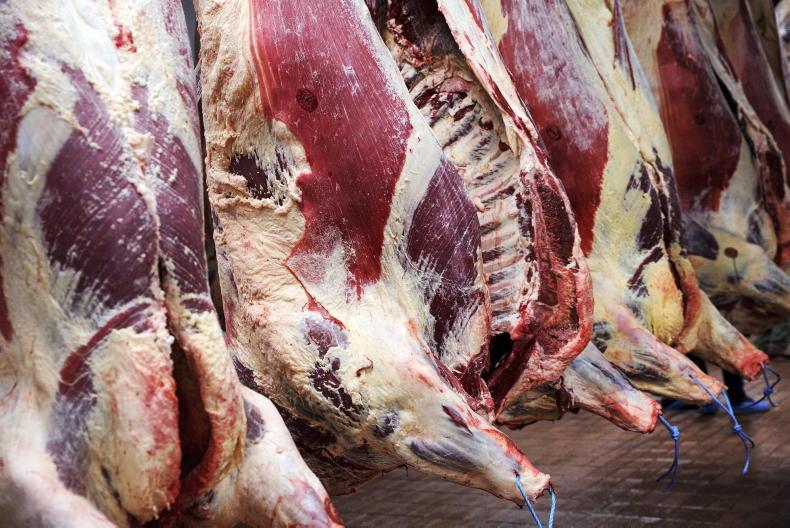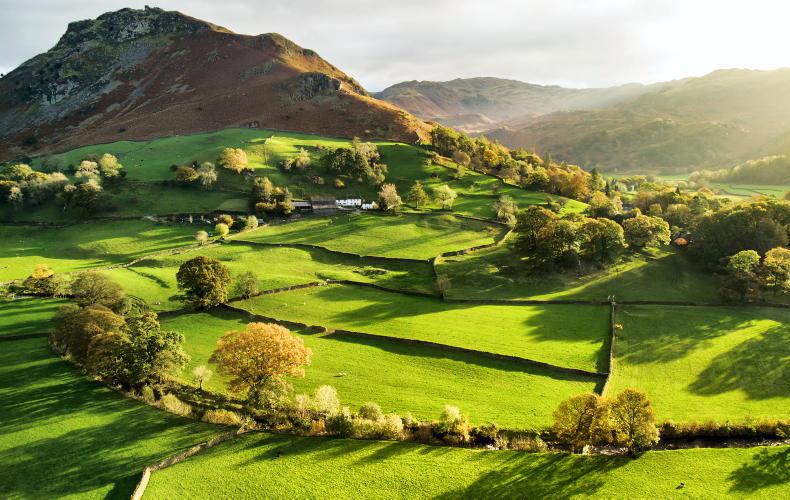The recently published Lancet report which recommends the reduction of meat consumption in western countries by 90% has been strongly rebuffed by agri-industry.
The report said in order to avert a “climate catastrophe” and curve growing obesity trends, meat and dairy must be replaced by predominately plant-based diets.
However, Bord Bia said that addressing the impact of climate change meant feeding a growing population in an environmentally friendly way.
In order to do this it said: “We need to be more efficient about where we grow, what we grow and how we grow.
"Today’s report does not acknowledge the important regional differences in terms of impact on food products.”
Bord Bia said any recommendation to avoid certain sources of food was overly simplistic and did not allow for economic or market realities.
Within the context of producing food to meet global demand it said Irish farmers were world-leaders in reducing their carbon footprint.
Results to date from Origin Green programmes show a continued decline in the carbon footprint of Irish beef production.
The average carbon footprint across participating beef farms has fallen by 5% to 10.50kg CO2/kg LW.
Carbon efficient
The Irish Farmers’ Association (IFA) said the report failed to recognise carbon-efficient food production.
IFA president Joe Healy said: “We are the most carbon efficient dairy producer in Europe and amongst the top five in beef. It’s important that this sustainable production is not restricted, as it would lead to increased international climate emissions.
“This would happen because regions like the Brazilian Amazon in South America would be deforested to meet this growing demand.”
He said a Teagasc report had set out a roadmap to reducing emissions further. However, its implantation would require Government support, Healy warned.
Balanced diet
When it came to people’s diets Healy said proteins from beef and dairy were an important part of a balanced diet.
He said it was a “ludicrous distraction” in tackling the threat of obesity to suggest people have little or no meat and dairy.
Dietary balance, variety and moderation combined with an active lifestyle remain the single-most important message we all need to act upon he said.
Read more
Eating excess meat 'as dangerous as smoking'
Meat and dairy eaters have healthy hearts – global study
The recently published Lancet report which recommends the reduction of meat consumption in western countries by 90% has been strongly rebuffed by agri-industry.
The report said in order to avert a “climate catastrophe” and curve growing obesity trends, meat and dairy must be replaced by predominately plant-based diets.
However, Bord Bia said that addressing the impact of climate change meant feeding a growing population in an environmentally friendly way.
In order to do this it said: “We need to be more efficient about where we grow, what we grow and how we grow.
"Today’s report does not acknowledge the important regional differences in terms of impact on food products.”
Bord Bia said any recommendation to avoid certain sources of food was overly simplistic and did not allow for economic or market realities.
Within the context of producing food to meet global demand it said Irish farmers were world-leaders in reducing their carbon footprint.
Results to date from Origin Green programmes show a continued decline in the carbon footprint of Irish beef production.
The average carbon footprint across participating beef farms has fallen by 5% to 10.50kg CO2/kg LW.
Carbon efficient
The Irish Farmers’ Association (IFA) said the report failed to recognise carbon-efficient food production.
IFA president Joe Healy said: “We are the most carbon efficient dairy producer in Europe and amongst the top five in beef. It’s important that this sustainable production is not restricted, as it would lead to increased international climate emissions.
“This would happen because regions like the Brazilian Amazon in South America would be deforested to meet this growing demand.”
He said a Teagasc report had set out a roadmap to reducing emissions further. However, its implantation would require Government support, Healy warned.
Balanced diet
When it came to people’s diets Healy said proteins from beef and dairy were an important part of a balanced diet.
He said it was a “ludicrous distraction” in tackling the threat of obesity to suggest people have little or no meat and dairy.
Dietary balance, variety and moderation combined with an active lifestyle remain the single-most important message we all need to act upon he said.
Read more
Eating excess meat 'as dangerous as smoking'
Meat and dairy eaters have healthy hearts – global study










SHARING OPTIONS